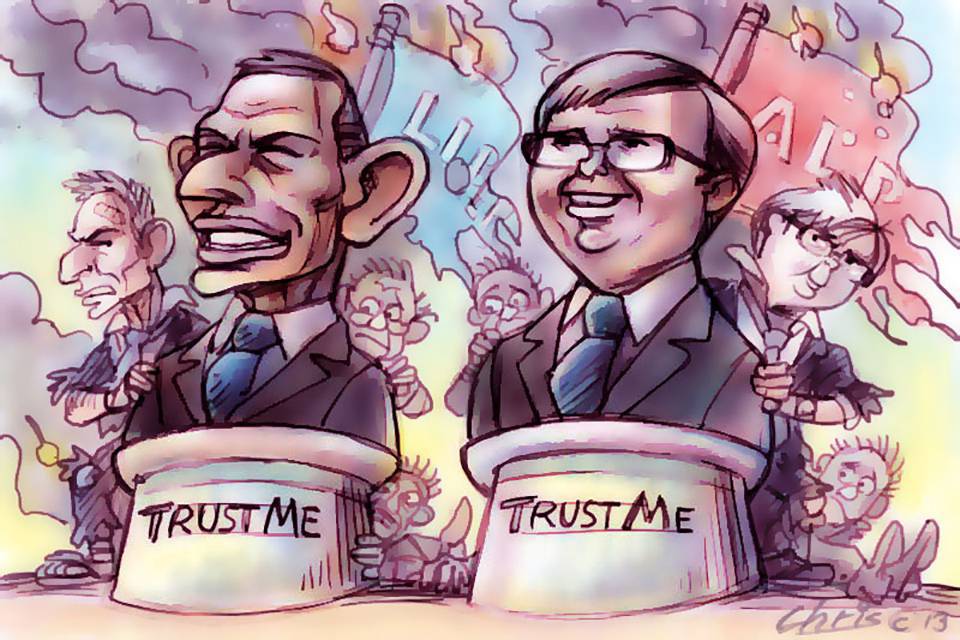Germany seeks more EU sanctions against Russia over Navalny's death
"We will propose new sanctions in light of the death of Alexei Navalny." Navalny died in an Arctic prison last week, just days before the two-year mark of Moscow's full-scale invasion of Ukraine. "(EU) member states will propose sanctions for sure against those responsible," said the chairman of Monday ministerial talks, foreign policy chief Josep Borrell.

Germany will propose new sanctions against Moscow over the death of jailed Russian activist Alexei Navalny, Foreign Minister Annalena Baerbock said ahead of an EU foreign ministers' meeting to be attended by his widow. The ministers were already due to discuss the bloc's 13th package of sanctions against Russia since Moscow invaded Ukraine on Feb. 24, 2022. Hungary is the only EU state yet to approve the proposed restrictions against nearly 200 firms and people.
Yulia Navalnaya told a Western security conference on Friday that Putin and his allies would bear responsibility "for what they did to our country, to my family, to my husband". Baerbock said she hoped the 27-nation bloc would agree on new sanctions against Russia soon.
"We have seen the brutal force with which the Russian president represses his own citizens who take to the streets to demonstrate for freedom or write about it in newspapers," she said. "We will propose new sanctions in light of the death of Alexei Navalny." Navalny died in an Arctic prison last week, just days before the two-year mark of Moscow's full-scale invasion of Ukraine.
"(EU) member states will propose sanctions for sure against those responsible," said the chairman of Monday ministerial talks, foreign policy chief Josep Borrell. "The great responsible is Putin himself." "We can go down the institutional structure of the penitentiary system in Russia," he said indicating whom the bloc would add to its list of people subjected to asset freezes and travel bans. "But don't forget who is really responsible for Navalny's death."
Navalny, a 47-year-old former lawyer, rose to prominence campaigning against corruption in Putin's Russia. He was known for his fiery rhetoric at public protests and in court rooms, vocal presence on social media, and his team's elaborate video investigations into state graft. He collapsed after a walk at the "Polar Wolf" penal colony, Russian authorities said, where he was serving a three-decade sentence following years of persecution that included poisoning with a nerve agent in Siberia in 2020.
Hungary has yet to back new sanctions against Moscow that had been proposed before Navalny's death. They would freeze the assets of nearly 200 companies and individuals - including some outside Russia - deemed involved in the war, or in bypassing already existing trade restrictions.
Budapest, where Prime Minister Viktor Orban says he is "proud" about his Russia contacts, has stalled previous rounds of sanctions, as well as EU agreements on financial assistance to Kyiv. Such moves require unanimous backing of all EU states. Ministers are also due to discuss military support for Ukraine at a time the United States is struggling to agree on more aid to Kyiv, and as Russia has claimed its biggest battlefield victory in months.
Many in Europe also feel increasingly worried about prospects of the return to power of Donald Trump, a former U.S. president dismissive of NATO. Inside the bloc, Germany has blocked the replenishing of a military fund used to supply Ukraine, saying Berlin was contributing too much compared to other members. (Additional reporting and writng by Gabriela Baczynska; editing by Philippa Fletcher)
(This story has not been edited by Devdiscourse staff and is auto-generated from a syndicated feed.)
ALSO READ
Russia accuses NATO of trying to turn Moldova into a logistical centre to supply Ukrainian army
PKL eliminators: UP Yoddhas to take on Jaipur Pink Panthers, Patna Pirates face U Mumba
Tragedy in the Skies: NATO Calls for Investigation
NATO Ramps Up Baltic Sea Patrols Amid Cable Sabotage Probe
NATO Boosts Presence Amid Baltic Sea Tensions










